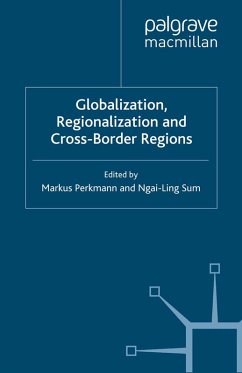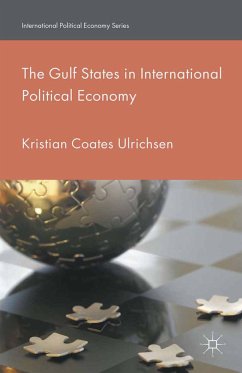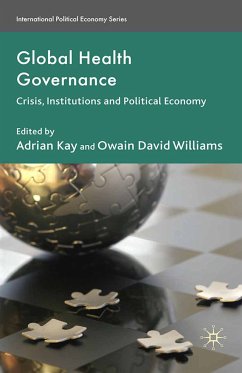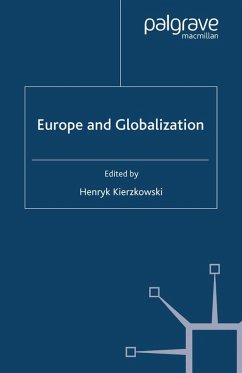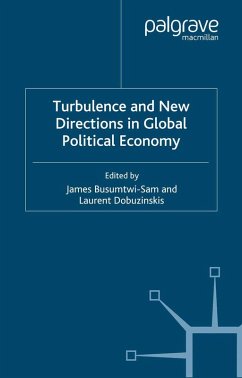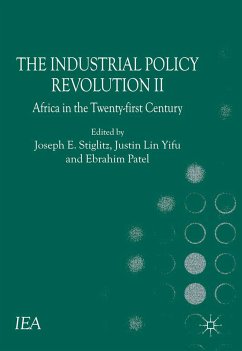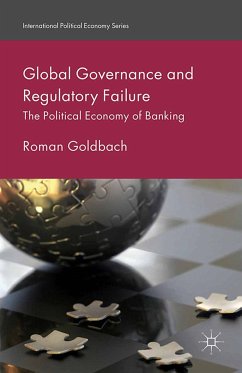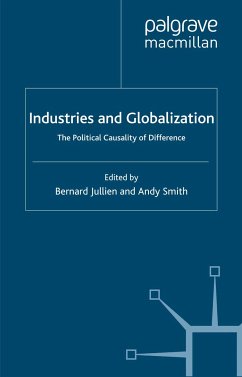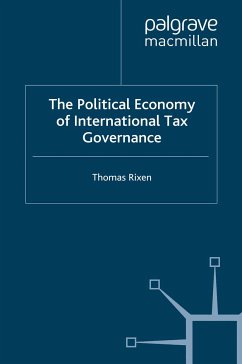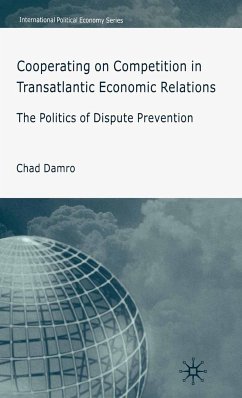
Cooperating on Competition in Transatlantic Economic Relations (eBook, PDF)
The Politics of Dispute Prevention

PAYBACK Punkte
20 °P sammeln!
In this in-depth study, Damro explains the creation of a formal cooperative framework for preventing disputes in transatlantic competition policy. The findings suggest that, while regulators remain constrained by domestic institutions, they play an important role in explaining why the cooperative framework is largely a discretionary one.
Dieser Download kann aus rechtlichen Gründen nur mit Rechnungsadresse in A, B, BG, CY, CZ, D, DK, EW, E, FIN, F, GR, HR, H, IRL, I, LT, L, LR, M, NL, PL, P, R, S, SLO, SK ausgeliefert werden.



